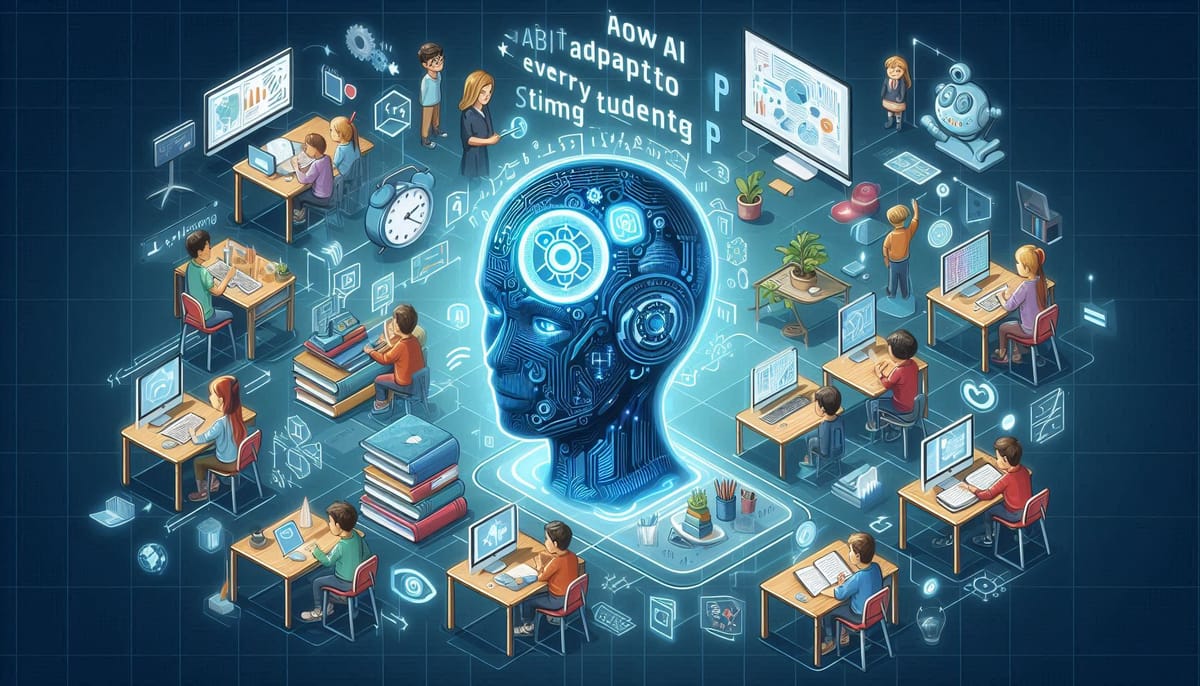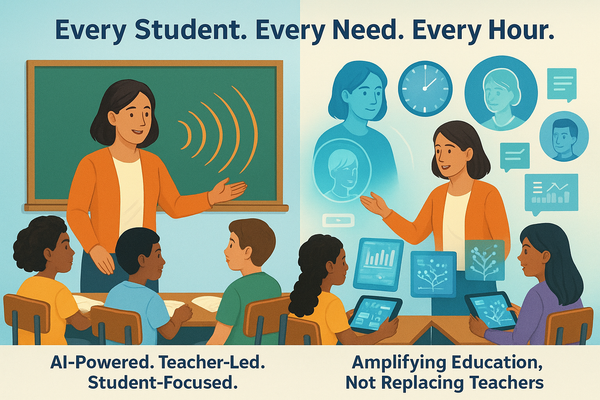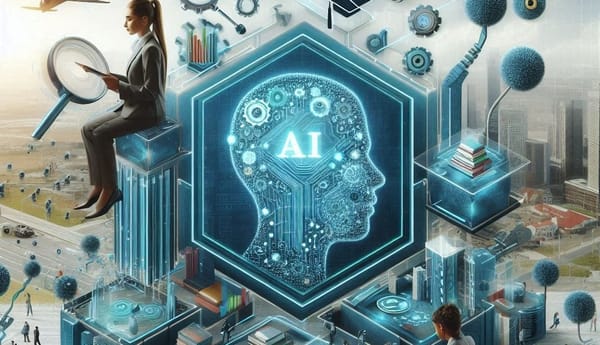The Future of Personalized Learning: How AI Adapts to Every Student

The traditional education system often assumes that all students learn the same way, at the same pace. But the reality is far more complex. Some students grasp concepts quickly, while others need more time or additional support to fully understand. This is where Artificial Intelligence (AI) steps in, transforming education by tailoring learning experiences to the unique needs, strengths, and preferences of each student. The result? A more inclusive and effective way to learn.
What Is Personalized Learning?
Personalized learning is an educational approach that adapts to the individual needs of each student. Unlike traditional methods, where everyone follows the same curriculum at the same pace, personalized learning uses data and technology to create customized learning paths. This means students can progress at their own speed and in ways that suit their specific learning styles—whether visual, auditory, kinesthetic, or a mix.
AI plays a pivotal role in making this possible. By analyzing data on student progress, behavior, and preferences, AI can recommend resources, adjust lesson plans, and even modify the pace of instruction to meet each learner’s needs.
How AI Powers Personalized Learning
AI-driven systems are revolutionizing how education is delivered by analyzing student performance in real time and adapting content dynamically. For example, if a student struggles with a specific math concept, AI can identify this gap and provide additional practice or alternative explanations until the concept is mastered. Similarly, students who excel in certain areas can move ahead without being held back by a standardized pace.
This adaptability ensures that every student gets the support they need to succeed while keeping them engaged and motivated.
Adapting to Different Learning Styles
One of the most remarkable benefits of AI-powered personalized learning is its ability to cater to diverse learning styles. Whether a student learns best through visuals like charts and videos or prefers hands-on activities like simulations and experiments, AI can deliver content in formats that resonate with them.
For instance:
- Visual learners might receive infographics or video tutorials.
- Auditory learners could benefit from narrated lessons or podcasts.
- Kinesthetic learners might engage with interactive exercises or virtual labs.
By aligning instruction with how students naturally learn best, AI helps improve comprehension and retention.
Supporting Both Struggling and Advanced Students
AI doesn’t just cater to one type of learner—it supports students across the academic spectrum:
For struggling students, AI identifies areas where they need extra help and provides targeted interventions. This ensures no one falls behind.
For high-achieving students, AI offers advanced materials and opportunities to explore topics beyond the standard curriculum at their own pace.
Teachers also benefit from these insights, as they can use data provided by AI tools to focus their efforts where they’re needed most.
Bridging Equity Gaps in Education
One of AI’s most transformative contributions is its ability to bridge equity gaps in education. Students from disadvantaged backgrounds often lack access to individualized support or resources. AI democratizes education by offering scalable solutions that adapt to each student’s needs, regardless of their circumstances.
For example, in underserved communities around the world, affordable AI-powered tutoring programs have shown significant improvements in academic performance by providing personalized support where traditional resources are limited.
The Future of Personalized Learning with AI
The potential for AI in personalized learning is enormous. As technology continues to evolve, we’ll see even more sophisticated tools that provide real-time insights into student progress and tailor educational experiences with greater precision. Teachers will also benefit from these advancements as they gain access to data-driven insights that enable them to make informed decisions about how best to support their students.
Looking ahead, it’s clear that personalized learning powered by AI will play a crucial role in shaping the future of education. By addressing individual needs and creating more inclusive classrooms, this approach ensures that every student has the opportunity to reach their full potential.
In Summary: A New Era for Education
AI is transforming education from a one-size-fits-all model into a dynamic, personalized experience tailored to each student’s unique needs. By adapting content to individual strengths and challenges, supporting diverse learning styles, and bridging equity gaps, AI is paving the way for a brighter future in education—one where every learner has the tools they need to succeed.



